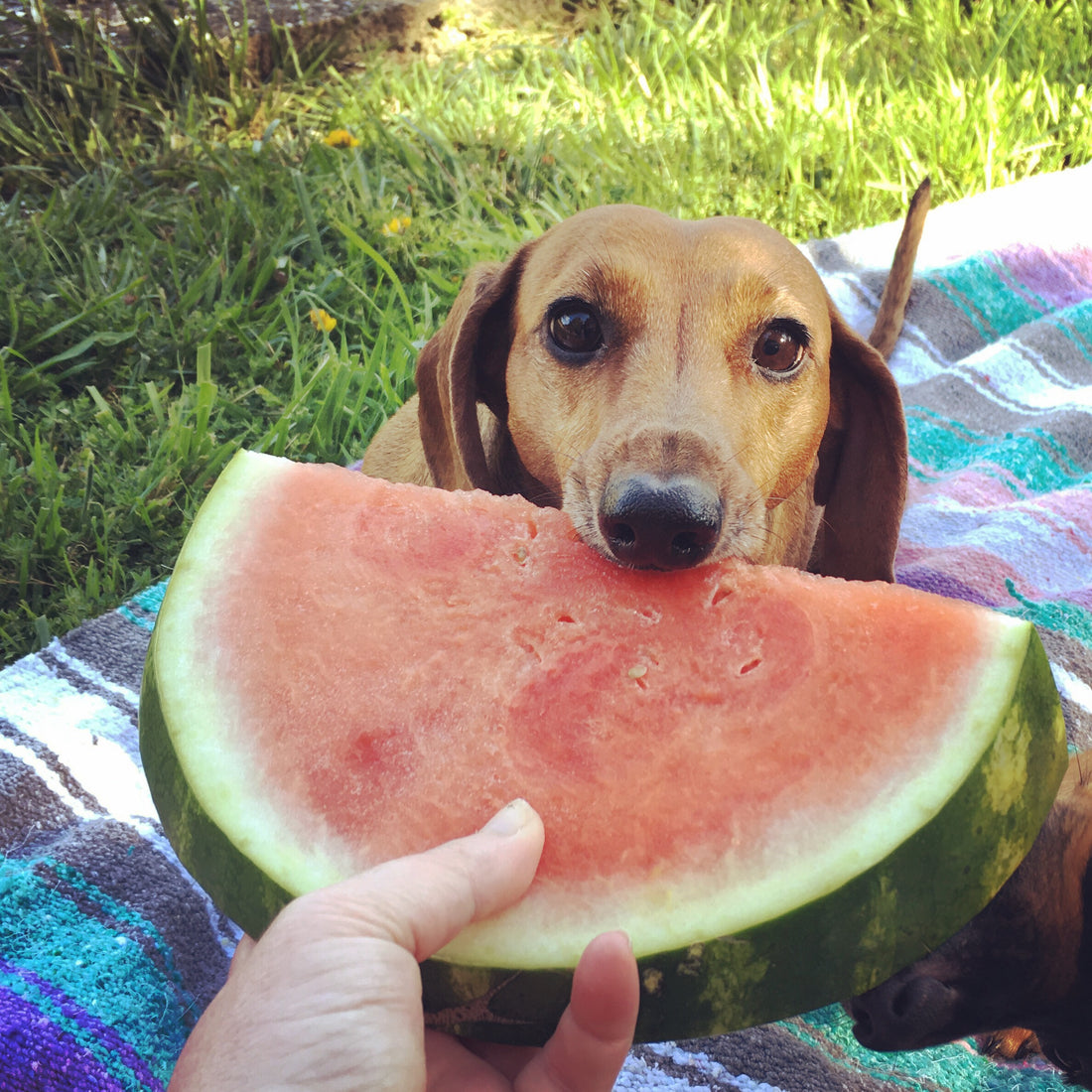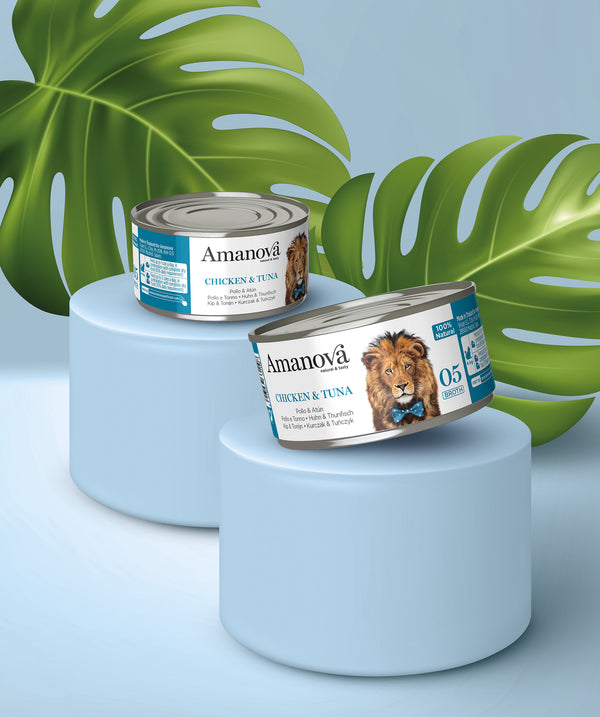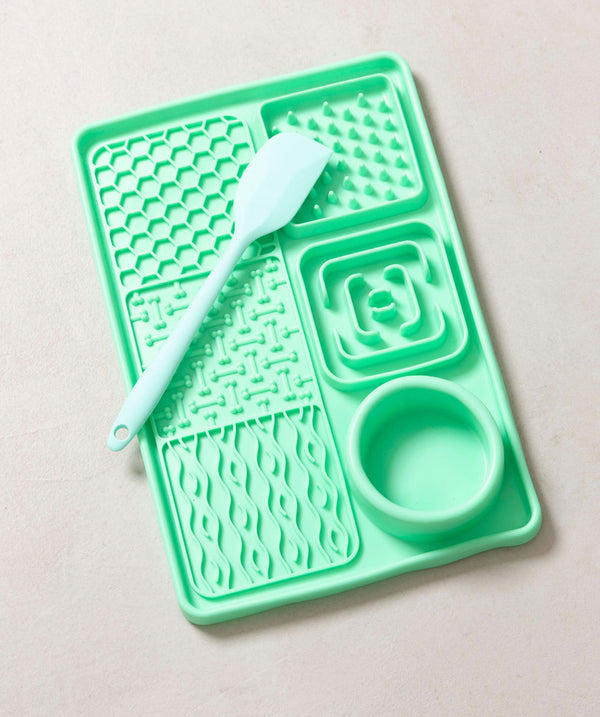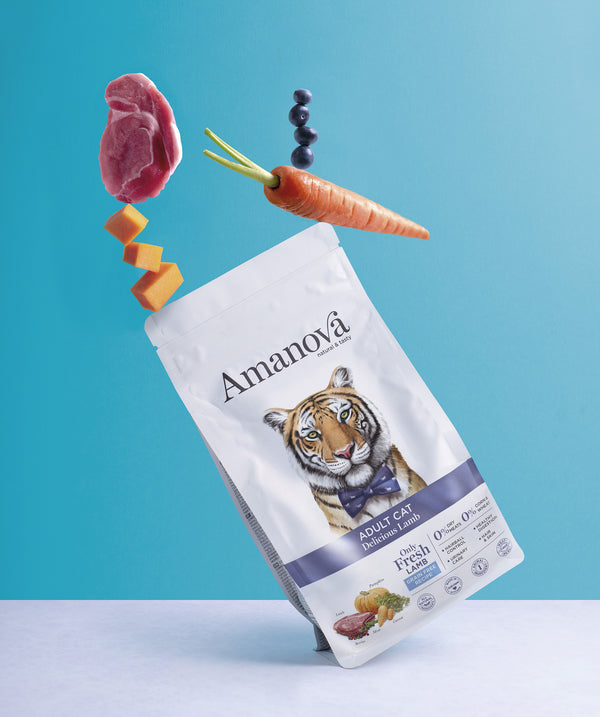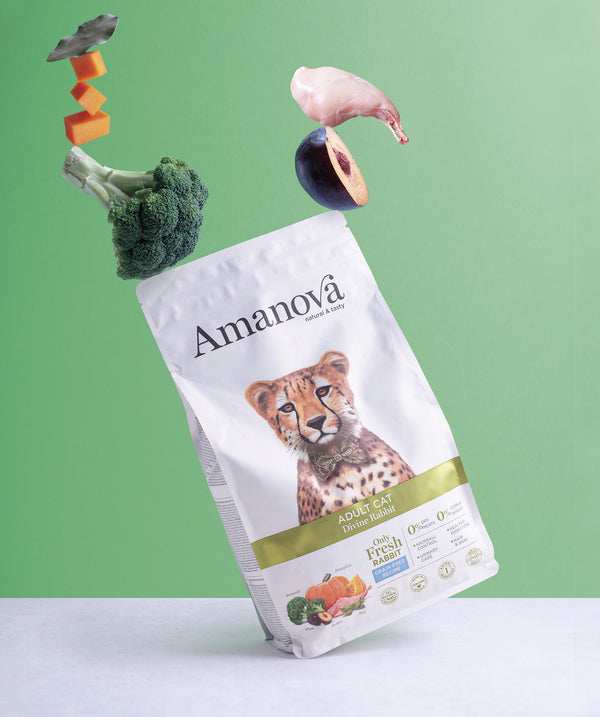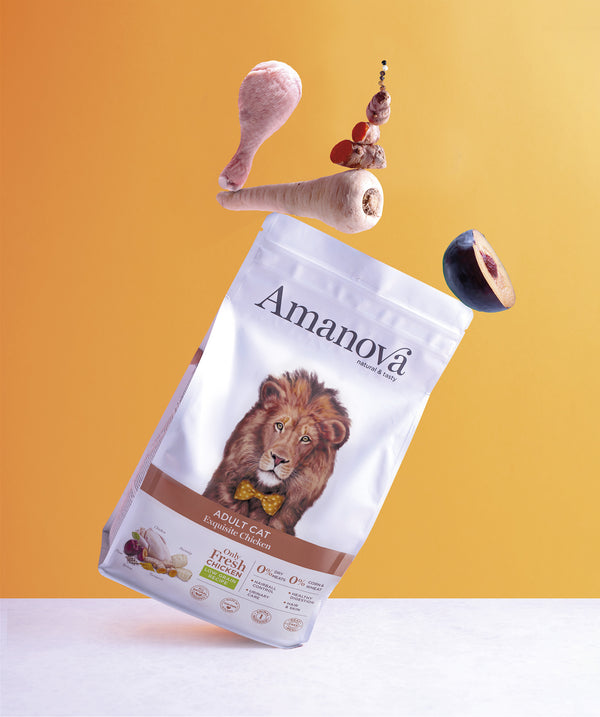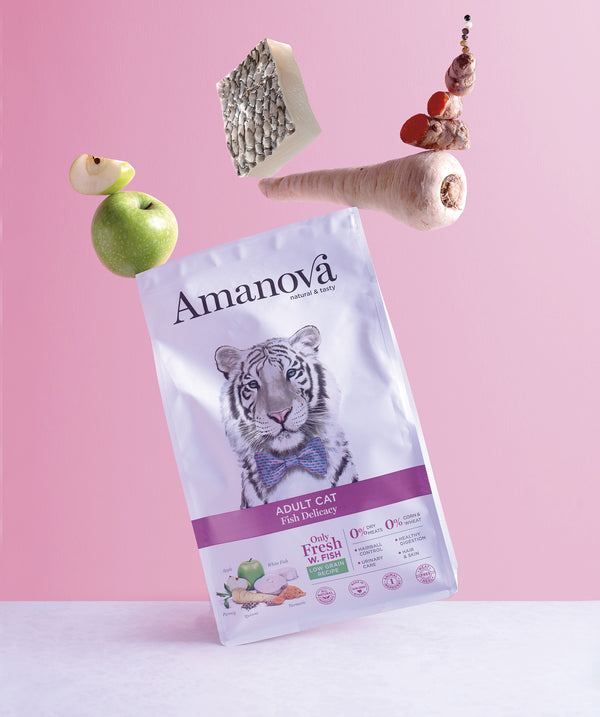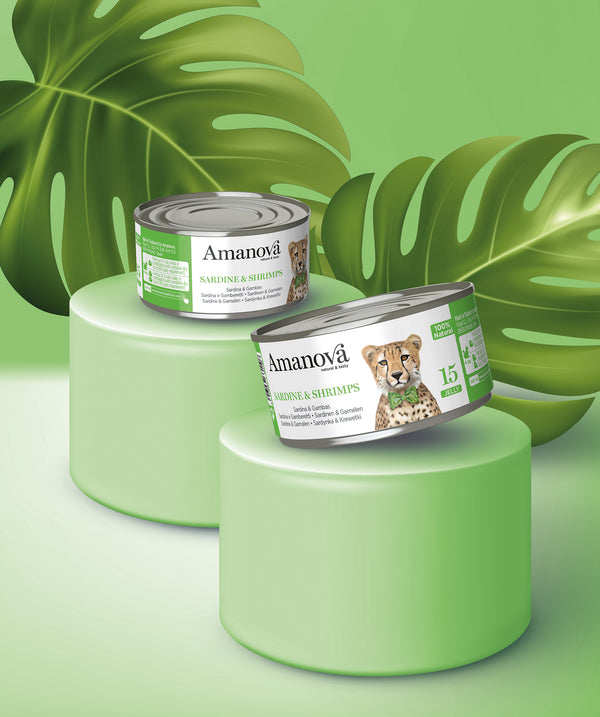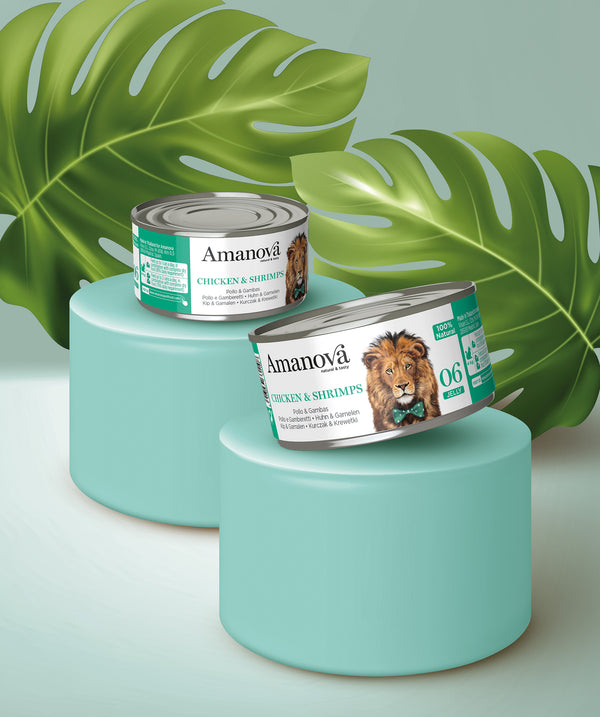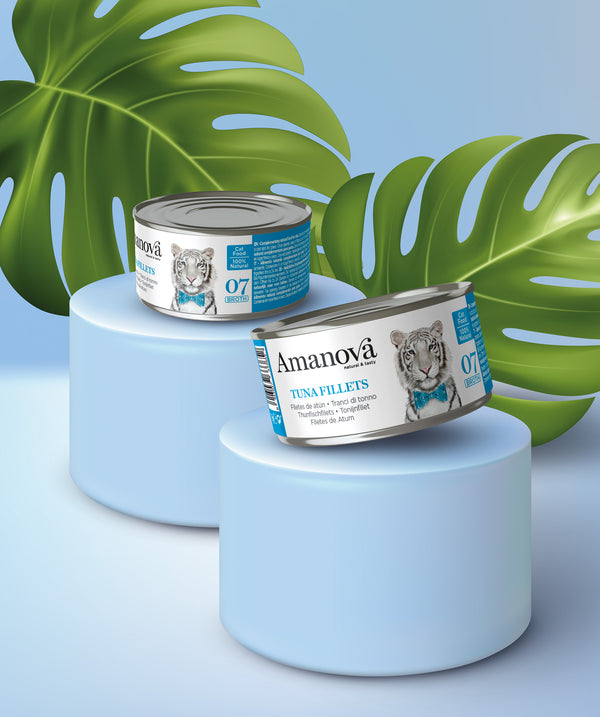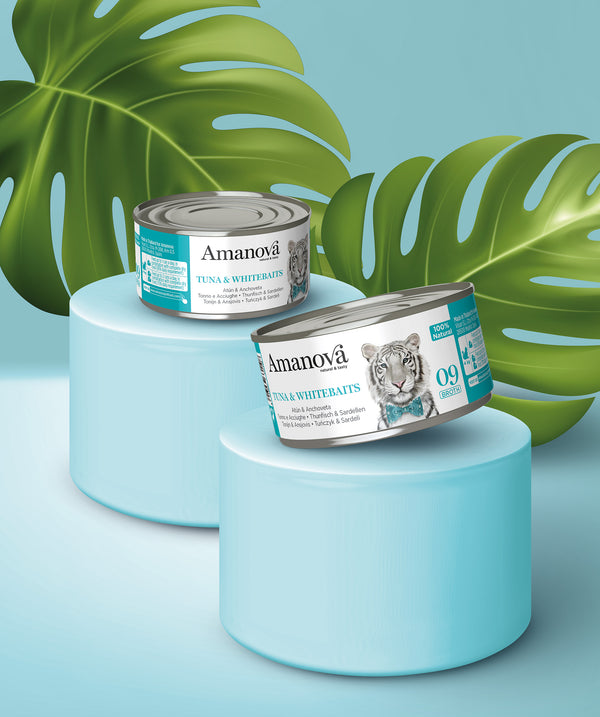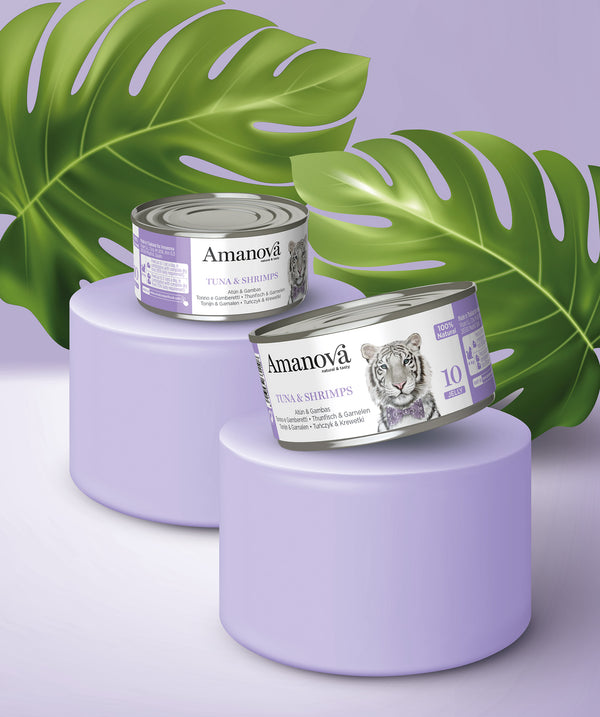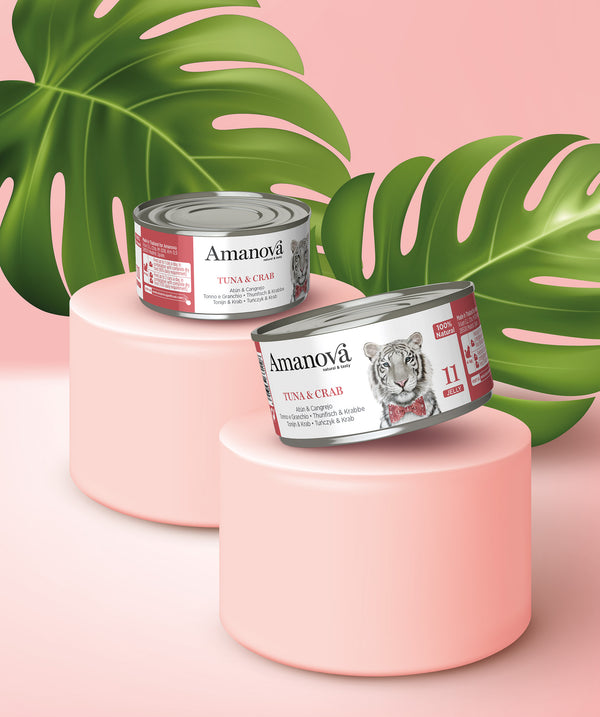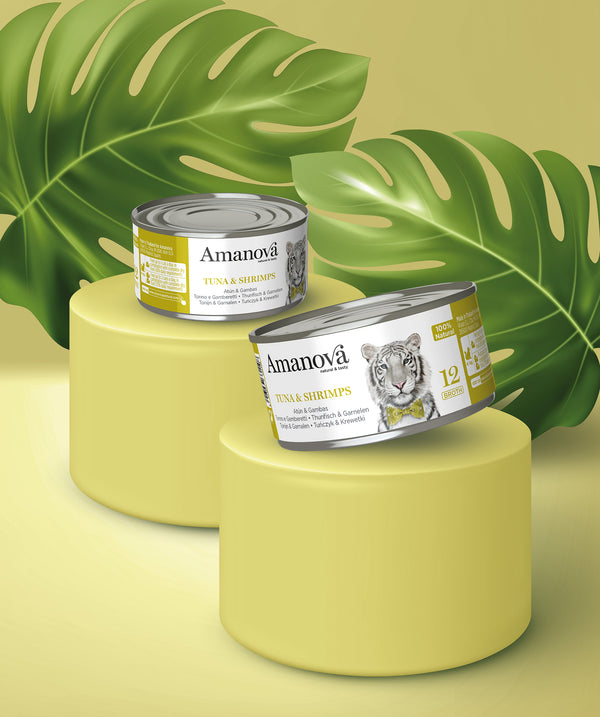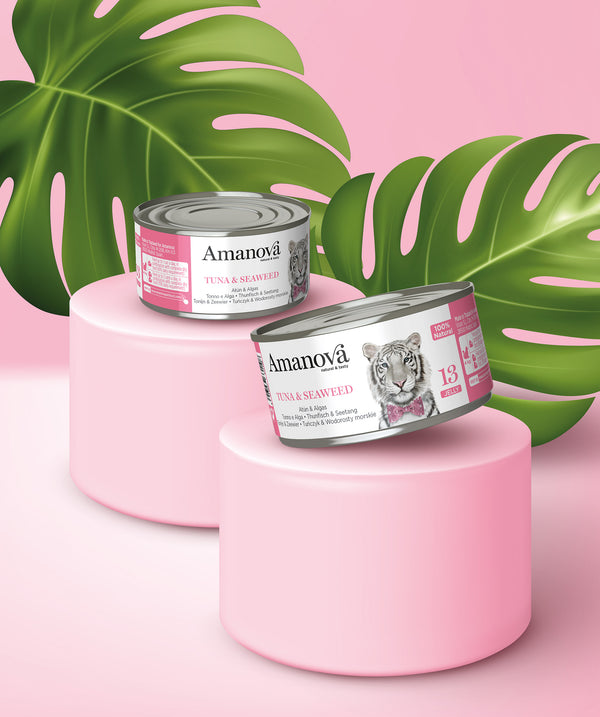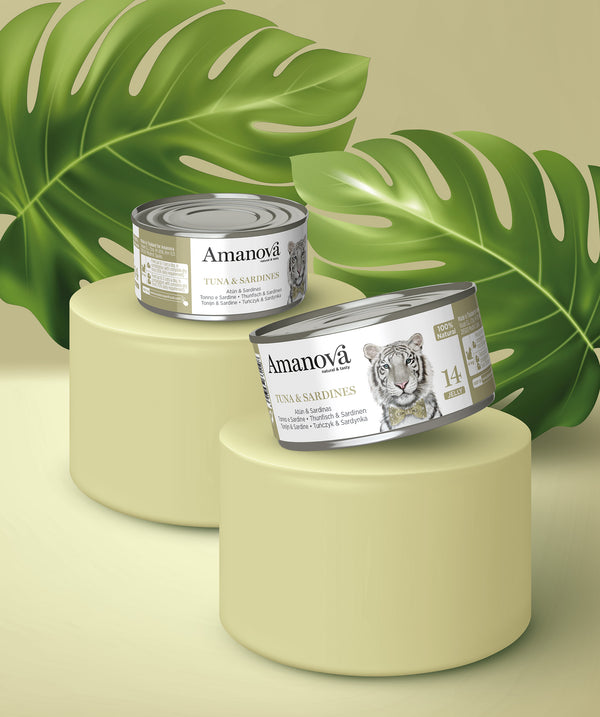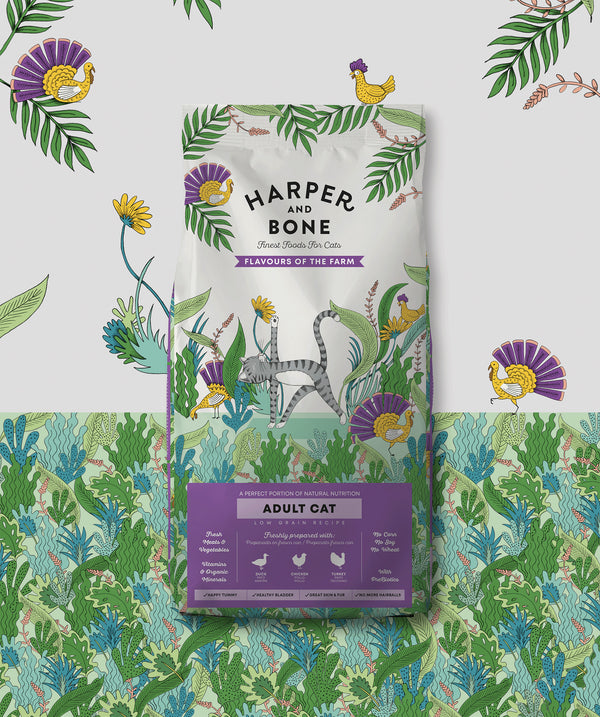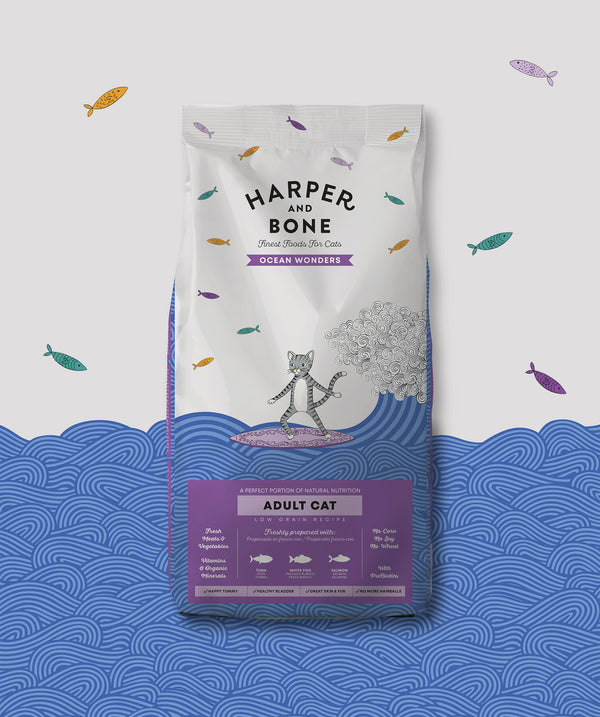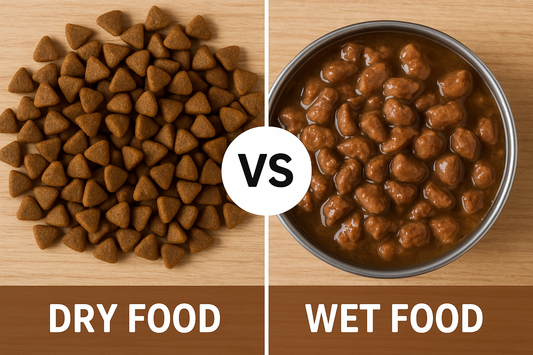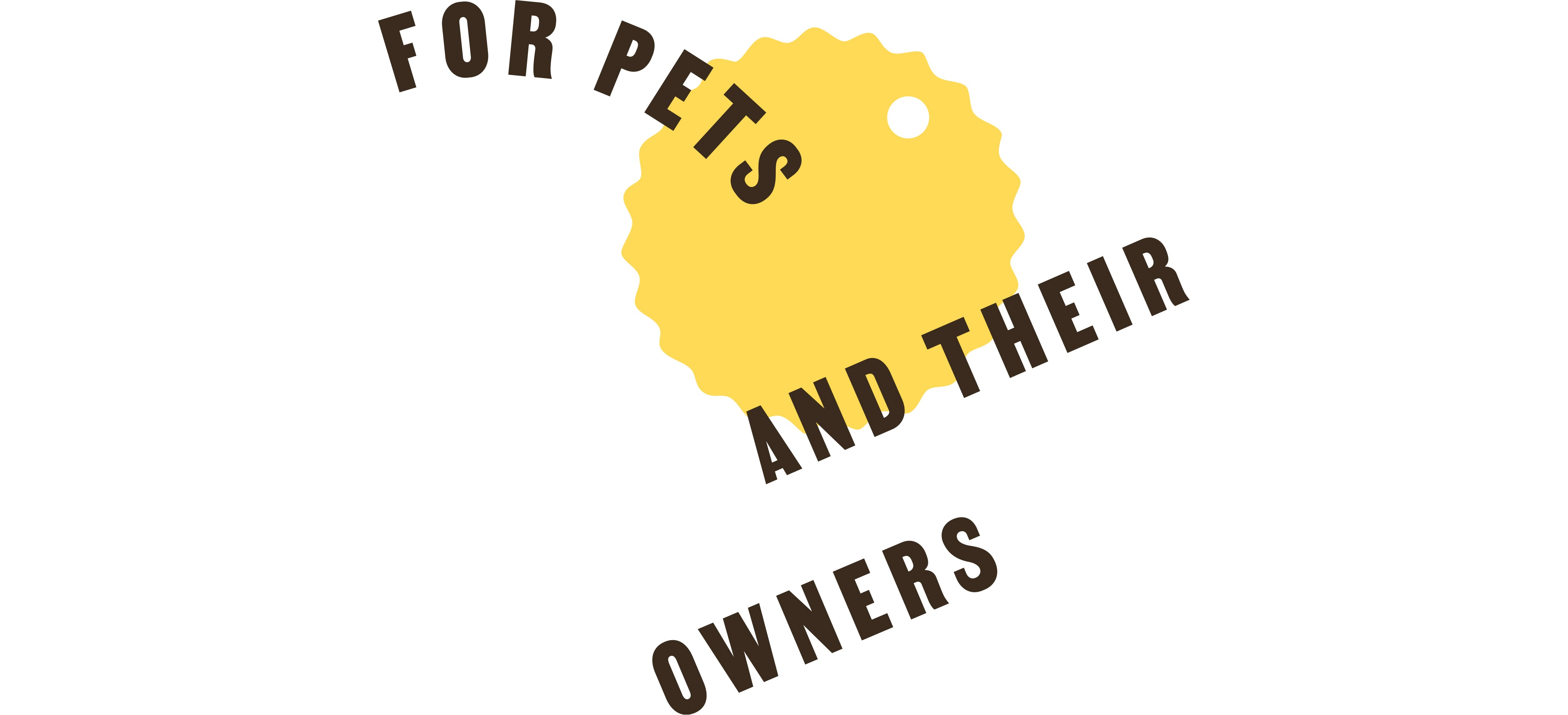Our furry friends are carnivores, so they don’t need fruits and vegetables in their diet. However, there are dog-friendly fruits that can be excellent healthy treats for our loyal companions. In today’s article, we’ll tell you which fruits dogs can eat and which ones are harmful to their health.
Index:
- Can dogs eat fruit?
- Which fruits can dogs eat?
- Apples
- Peaches and nectarines
- Raspberries
- Melon and watermelon
- Mango
- Oranges and tangerines
- Pineapple
- Which fruits and vegetables can’t dogs eat?
Can dogs eat fruit?
Not only can dogs eat fruit, but including some of these foods in their diet can be very beneficial for their health. Fruits such as apples, pineapple, and raspberries are very hydrating and healthy snacks, as they are full of fiber, vitamins, and minerals. In addition to knowing which fruits dogs can eat, to avoid digestive problems we must introduce them into their diet occasionally and in small amounts. Fruits for dogs should always be washed and peeled, without pits or seeds. Otherwise, they can cause choking and digestive blockages.
Which fruits can dogs eat?
Some foods that are common in our diet can be very harmful to our four-legged friends. Have you ever wondered which fruit a dog can eat? Below, we explain which fruits and vegetables dogs can eat and what benefits each one provides.
Apples
Apples are an excellent source of vitamins A and C. Since they are high in fiber and low in fat, they are an ideal snack for senior dogs. Make sure to remove all the seeds and cut them into small pieces before offering them to your pet.
Peaches and nectarines
Peaches and nectarines are very tasty and healthy treats, full of fiber and vitamins. You can add both fruits to your dog’s diet, as long as you remove the pit. In the case of peaches, also try to remove the skin, as it can cause allergic reactions in some pets.
Raspberries
In addition to containing vitamins and antioxidants, since they have no pits, peel, or seeds, raspberries are an ideal snack for our four-legged friends. They are especially recommended for senior dogs, as they are low in sugars and have anti-inflammatory properties.
Melon and watermelon
Melon and watermelon are fruits packed with water. Peeled and cut, and especially without seeds, they are the perfect snack to refresh your dog in summer. However, don’t overdo it, since they have a high sugar content.
Mango
This tasty fruit is rich in vitamins A, B6, C, and E. Before giving it to your pet as a reward, remove the pit, peel, and cut it into small pieces to avoid possible blockages.
Oranges and tangerines
Although dogs can eat oranges and tangerines, many don’t like the strong smell and taste of citrus fruits. Nevertheless, oranges are an excellent source of water, fiber, potassium, and vitamin C.
Pineapple
Fresh, peeled pineapple chunks are very healthy treats. This tropical fruit is full of fiber, vitamins, and minerals. It is also very refreshing and contains bromelain, an enzyme that aids protein absorption.
Which fruits and vegetables can’t dogs eat?

In addition to all these healthy fruits for dogs, there are also some vegetables we can occasionally include in their diet. These are:
- Pumpkin
- Carrots
- Cucumbers
- Celery
- Spinach
- Broccoli
- Peas and green beans
Now that you know which vegetables and fruits dogs can eat, you should also know there are some that can be very dangerous for our loyal companions.
Before offering one of these healthy treats to your pet, check this list of fruits and vegetables dogs can’t eat:
- Grapes and raisins
- Avocados
- Onions
- Garlic
- Tomatoes
- Eggplants
- Peppers
- Potatoes
Although dog-friendly fruits are very healthy snacks, don’t forget that fruit should never exceed 10% of your furry friend’s daily food intake. The base of their diet should always be a complete and balanced dog food tailored to their characteristics and needs.
